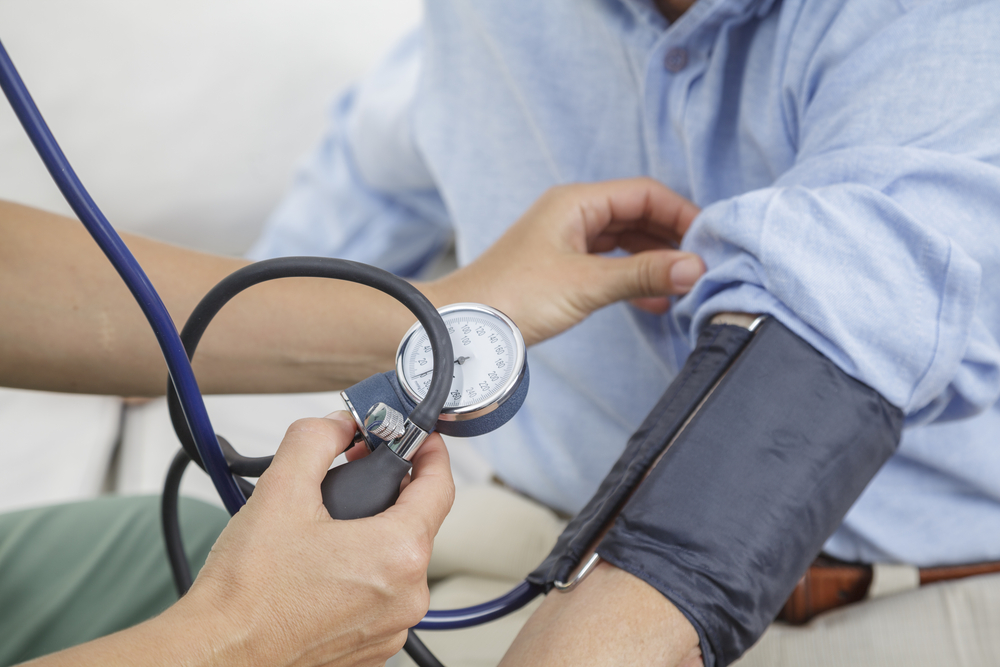If you’ve had lasting symptoms of fatigue, problems concentrating, headaches, dizziness and hair loss since you had COVID-19, you may have what’s called long COVID. This condition is marked by symptoms that last four weeks or longer after the onset of the virus and is commonly seen among women and older adults.
Long COVID symptoms
Also known as long-haul or chronic COVID, how bad this condition is and how long it can last vary. A recent U.S. study found about one-third of people who had COVID-19 noted symptoms lasting up to nine months. Common symptoms of long COVID include:
- Fatigue
- Beathing difficulties such as shortness of breath or cough
- Problems thinking or brain fog
- Sleep problems
- Loss of smell or taste
- Joint pain
Living with long COVID can often be frustrating, especially if you have problems doing daily tasks and symptoms continue to affect your daily work and personal life. Eating a nutrient-rich diet can play an important role in your recovery. It can help improve your overall wellness and lessen the effects of your symptoms.
How nutrition can help with long COVID symptoms
There is still a lot to learn about the condition. Studies found patients can get some relief through proper nutrition. Eating certain types of foods is not a cure for long COVID. However, choosing nutritious foods and drinking enough water can help reduce certain symptoms and improve overall health and energy levels.
A balanced diet has:
- Fruits and vegetables
- Healthy grains
- Meat or plant-based proteins
- Low amounts of sugar and refined carbohydrates
Not getting enough protein can make you feel tired from long COVID. It is suggested adults eat at least 0.8 grams of protein per 2.2 pounds of their body weight. For example, someone who weighs 200 pounds needs about 70 grams of protein each day.
Protein sources include:
- Eggs
- Greek yogurt
- Meat
- Poultry
- Fish
- Beans and legumes
- Nuts and seeds
- Soy-based products like tofu
Not getting enough vitamins and minerals can also make long COVID symptoms worse. You can visit your primary care provider for a blood test to check the levels of vitamins and minerals in your body. Vitamin B12, Vitamin D and iron play important roles in energy and brain function. If your levels are low in these, supplements may help give them a boost.
Eating properly can help ease the effects of long COVID by:
- Improving the immune system
- Fueling the body for recovery
- Reducing inflammation
- Maintaining a healthy weight
- Supporting gut health
Importance of keeping hydrated
Drinking enough water during the day is also important for those with chronic COVID symptoms. Did you know our bodies are made of up 60% water? Water helps:
- Regulate body temperature
- Deliver nutrients to cells
- Keep organs working properly
It is suggested adults drink at least 6 cups of water each day. If you have a hard time drinking that amount of water, you can:
- Add sliced fruit or citrus juice (lemon, lime, grapefruit, orange) to water
- Eat foods that have a high-water content, such as:
- Celery
- Iceberg lettuce
- Watermelon
- Cucumbers
- Tomatoes
Mom’s Meals® can help
If you’re looking for an easy way to help get the nutrition you need, Mom’s Meals offers more than 60 ready-to-heat-and-eat meal options that are delivered directly to your home. The choice is yours. You choose every delicious meal in every delivery. Created by professional chefs and registered dietitians, our meals help improve life through better nutrition at home.



